US Suspends Student Visa Appointments Amid Plan to Expand Social Media Vetting
Trump administration halts student visa interviews globally as it prepares tougher scrutiny of applicants' online activity, escalating tensions with universities and international partners.The administration of US President Donald Trump has directed American embassies around the world to halt the scheduling of new appointments for student visa applicants. The suspension comes as the government prepares to broaden its scrutiny of applicants’ social media activity.
A memo issued by the State Department said that expanded social media screening for student and foreign exchange visas was imminent. The move, it stated, would have “significant implications” for operations at US embassies and consulates worldwide.
This development is part of a larger crackdown by the Trump administration targeting some of the country’s top universities. The president has accused these institutions of being overly progressive and of failing to address antisemitism, particularly in response to recent pro-Palestinian protests on campuses.
In response to the policy shift, China urged the US to safeguard the rights of international students, including the hundreds of thousands of Chinese nationals currently studying at American universities. “We urge the US side to earnestly safeguard the legitimate rights and interests of international students,” a Chinese official stated.
The policy is also expected to raise concerns among American universities, many of which rely heavily on tuition from international students, who typically pay significantly more than domestic attendees.
Under existing procedures, most prospective foreign students must schedule and attend interviews at a US embassy in their home country before receiving a student visa. The newly issued memo, viewed by CBS News, instructs embassies to cancel all unscheduled appointments. However, interviews already booked will proceed as planned. The suspension will remain in effect "until further guidance is issued," according to Secretary of State Marco Rubio.
The memo also outlines plans for broader social media vetting of student visa applicants, though it does not provide details about what specific online behavior will be scrutinized.
This initiative follows earlier efforts by the Trump administration to enhance surveillance of students’ social media activity. In March, The Guardian reported that these measures were linked to a wider crackdown on pro-Palestinian demonstrations occurring on college campuses.
In April, the Department of Homeland Security stated it would begin considering antisemitic content on social media and physical harassment of Jewish individuals as factors in determining immigration eligibility.
At a recent press briefing, State Department spokesperson Tammy Bruce emphasized the administration’s commitment to stringent vetting. "We take very seriously the process of vetting who it is that comes into the country, and we're going to continue to do that," she said.
Beyond visa restrictions, the administration has implemented several aggressive measures targeting universities. These include freezing hundreds of millions of dollars in federal funding, initiating deportation proceedings for students, and revoking thousands of visas. Some of these actions have been challenged and blocked by the courts.
Critics, including university officials and free speech advocates, argue that the administration’s approach is an overreach that threatens the constitutional rights of students and academic institutions. They view the social media policy as a new encroachment on First Amendment protections.
President Trump has defended his policies as efforts to uphold free speech and protect national security. However, his administration’s focus on elite institutions—particularly Harvard University—has drawn particular scrutiny.
Harvard has been targeted with a freeze on $2.65 billion in federal research grants and the review of another $100 million in government funding. The university's president warned the funding cuts would not only damage the institution but also harm national interests, as the research in question had been designated as high-priority by the federal government.
Adding to the tensions, Trump recently revoked Harvard’s authority to enroll international students and host foreign researchers. That policy has since been blocked by a federal judge. Nevertheless, if it were to be reinstated, it would severely impact the university, which has an international student population exceeding 25%. The decision sparked protests on Harvard’s campus near Boston.
The situation continues to evolve as legal battles unfold and universities brace for further policy changes.

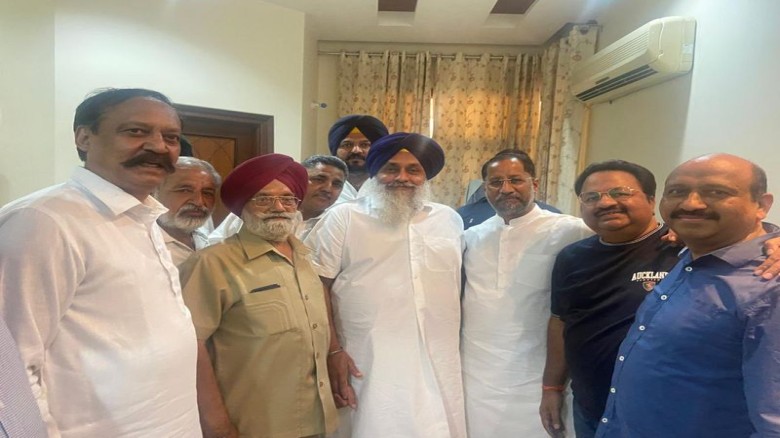
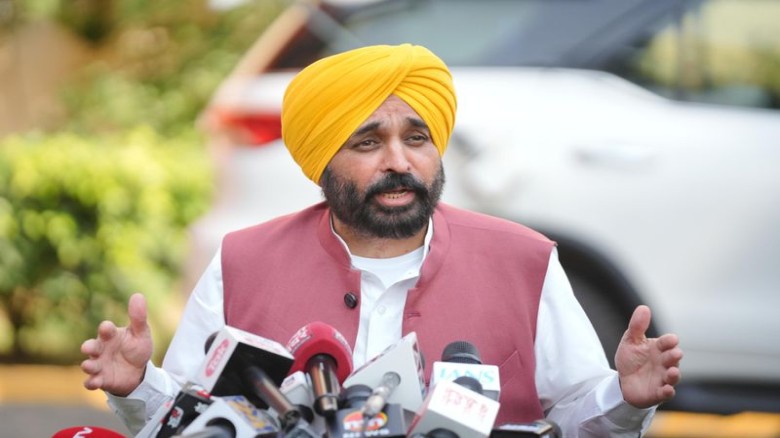
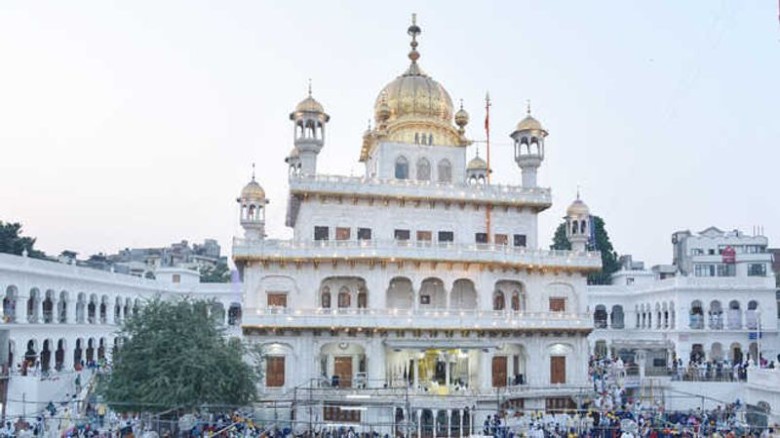
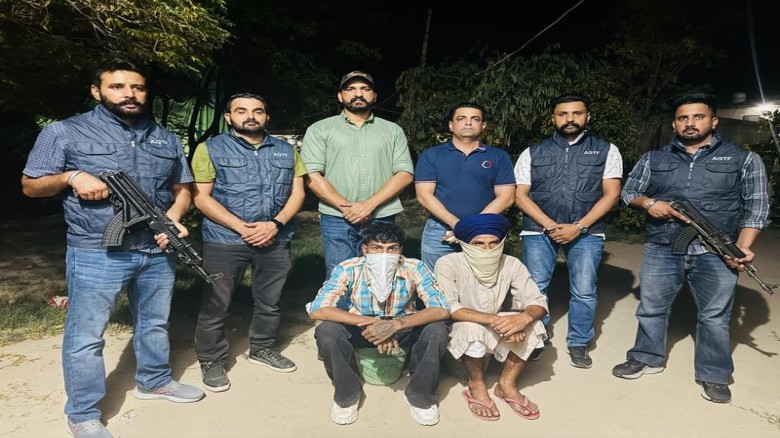

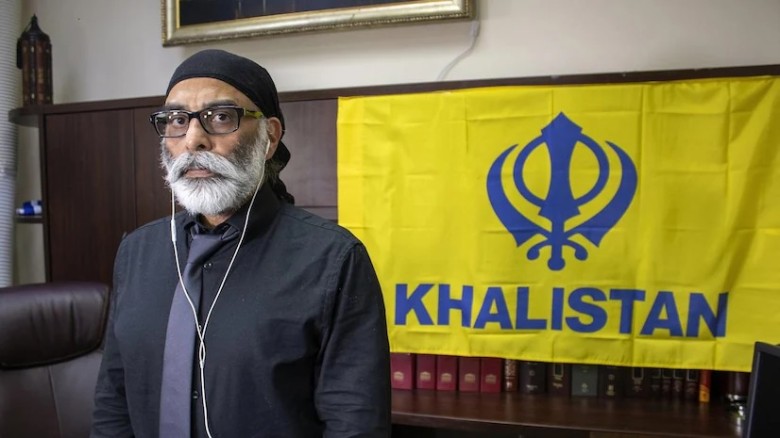


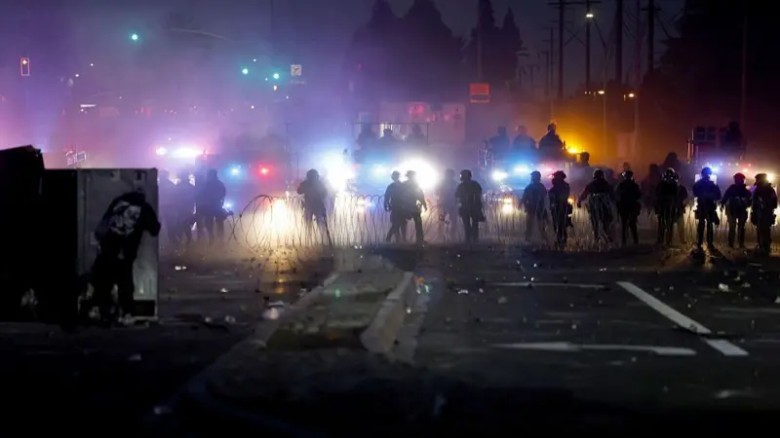
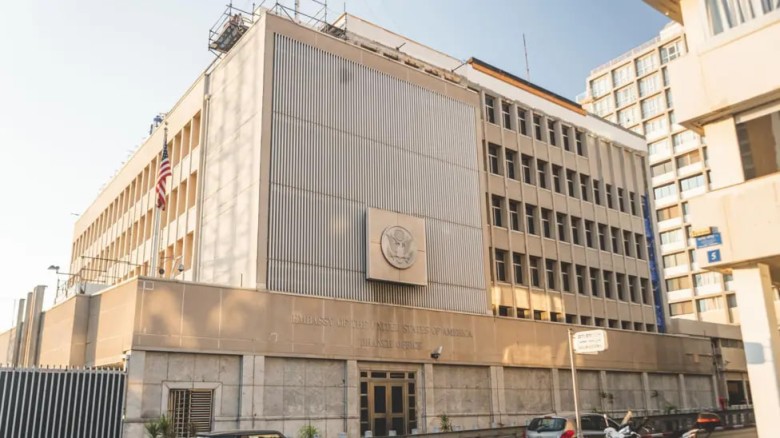
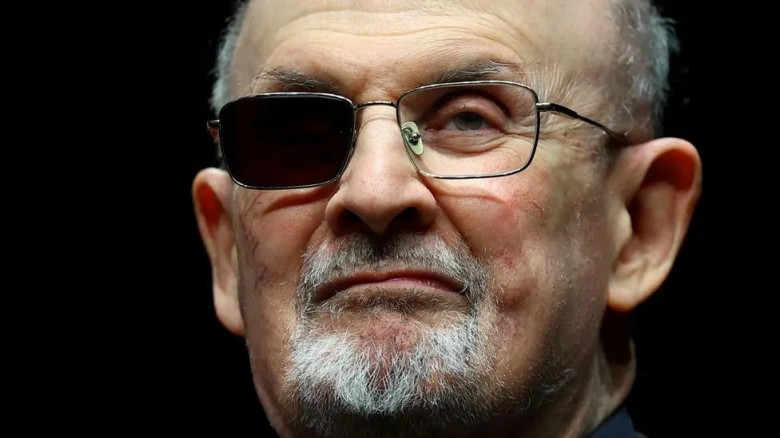
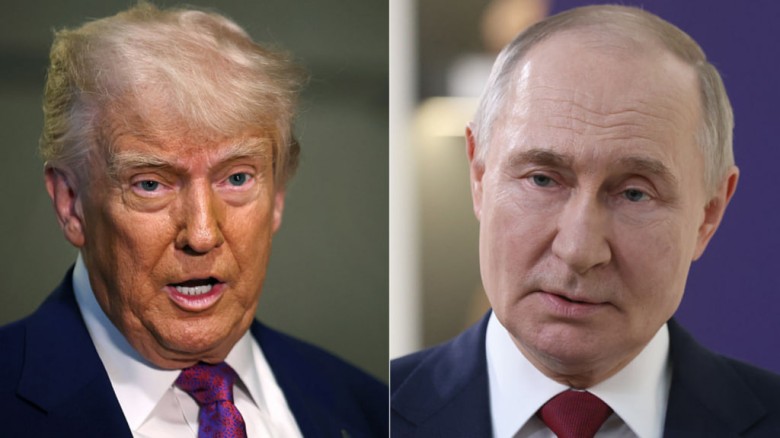
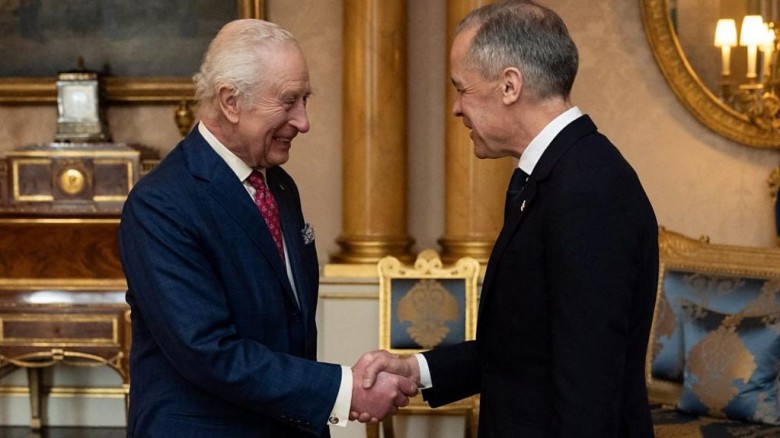



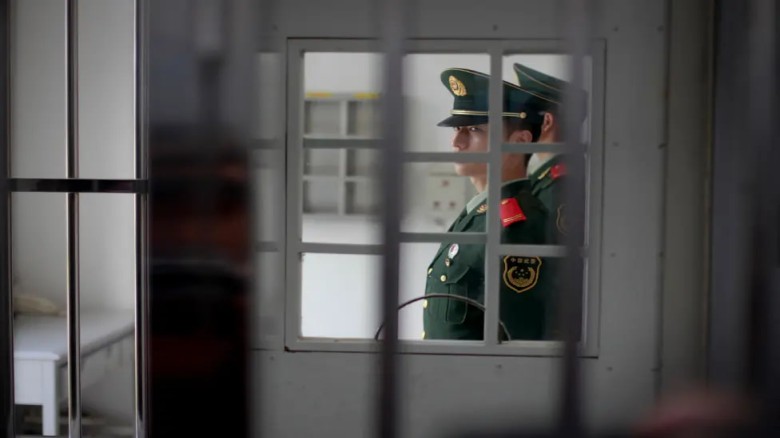

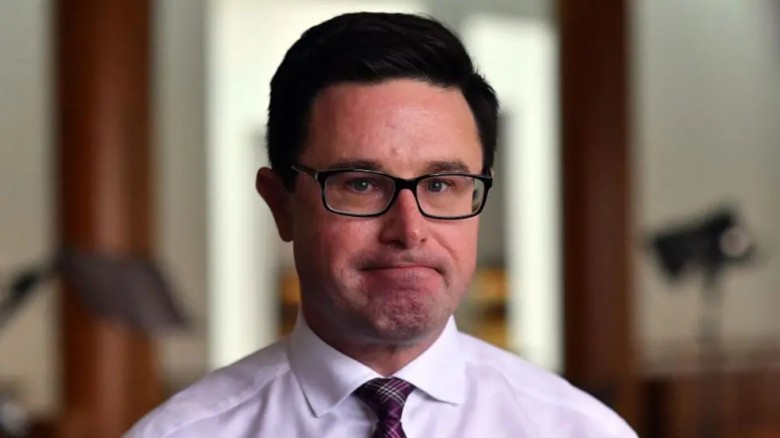

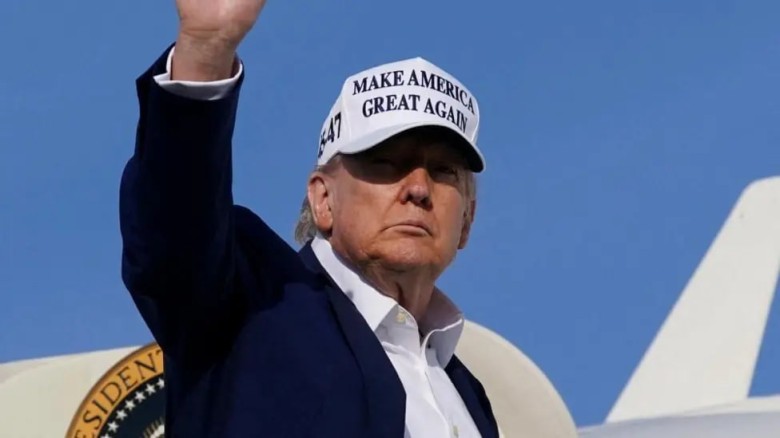
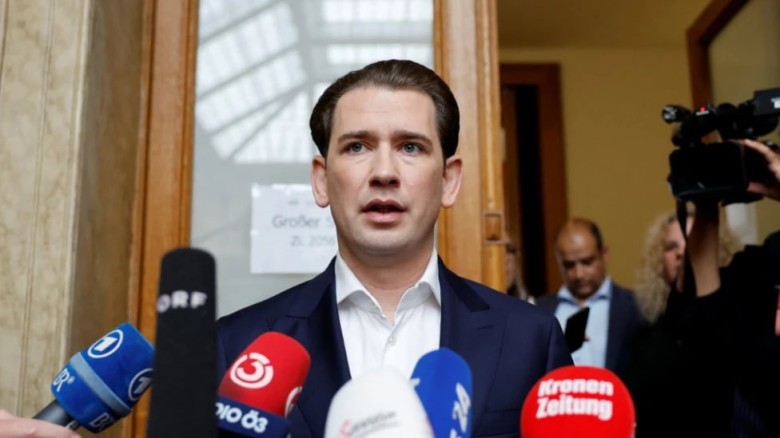


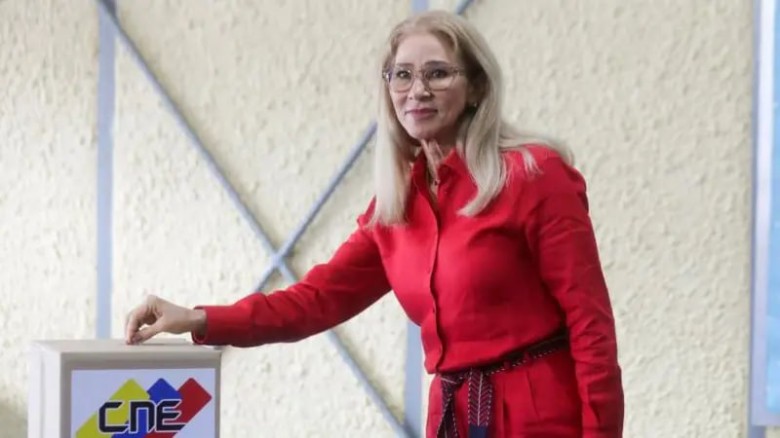

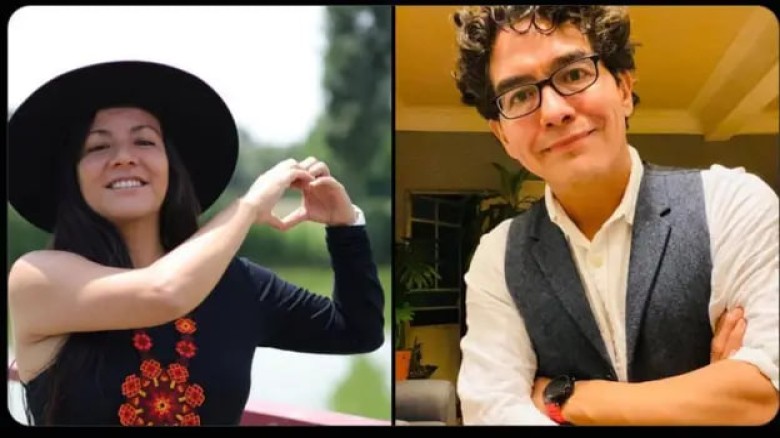

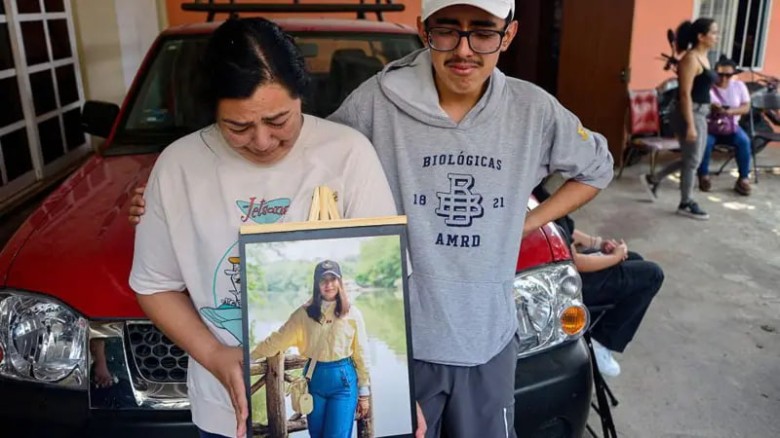








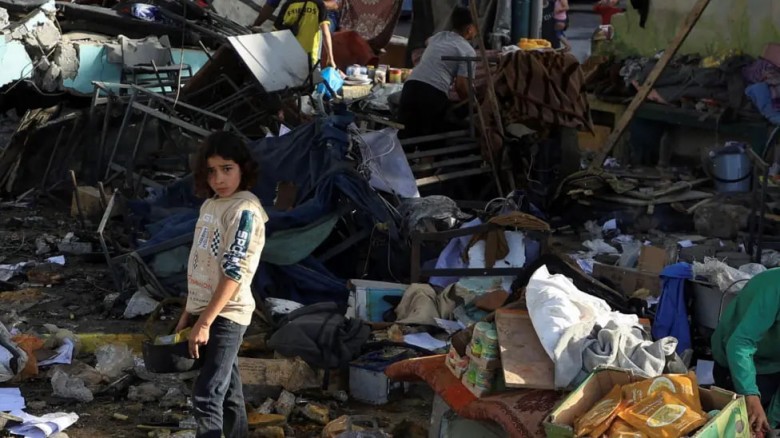










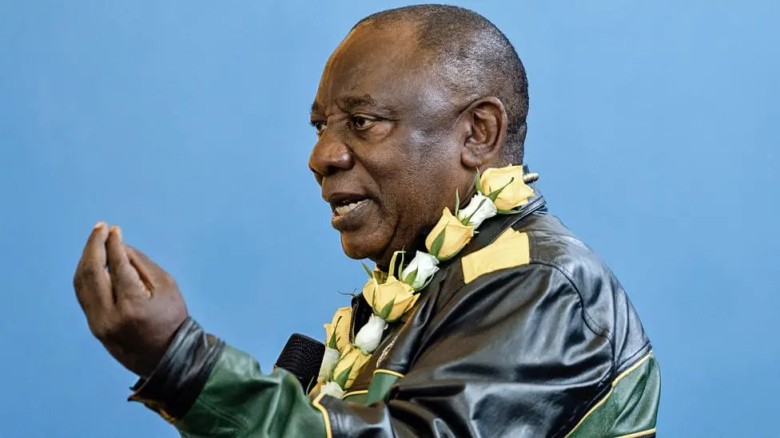
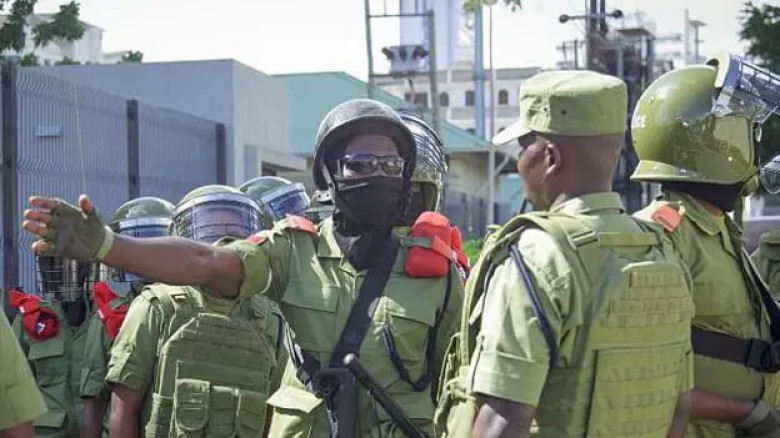
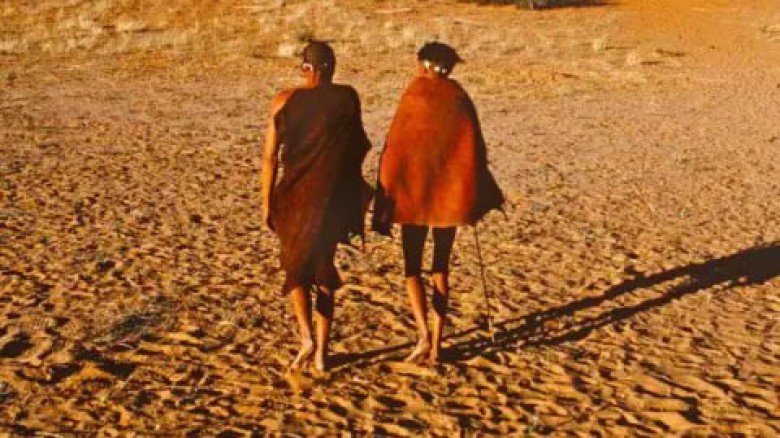









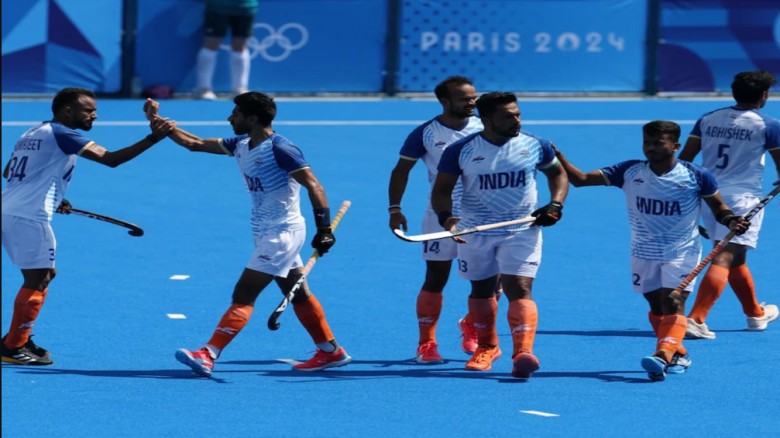











Leave A Comment